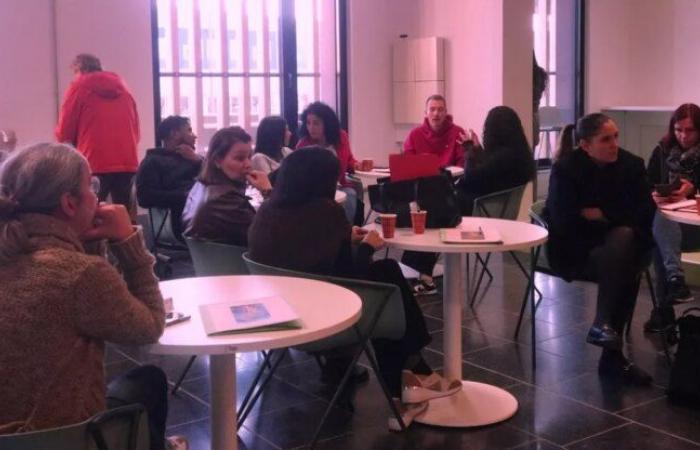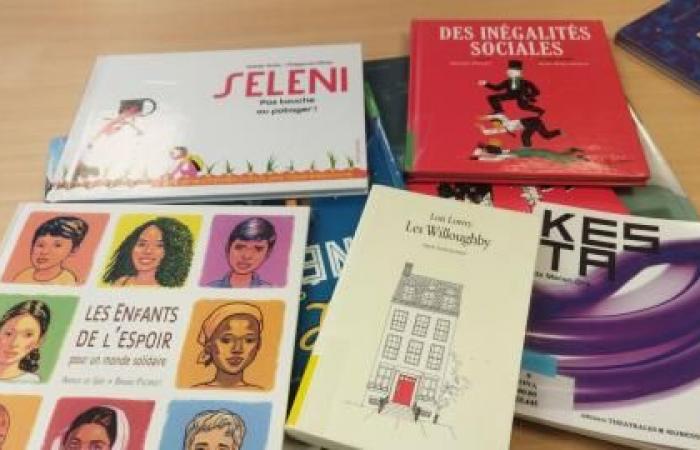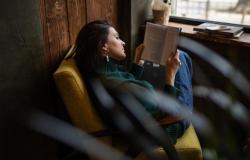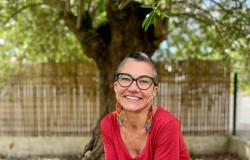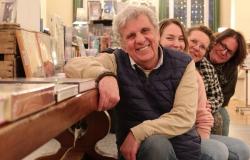How can we develop the role of libraries in inclusion and personal development, from an early age? The “3-2-1: Childhood” Platform of the CPAS of La Louvière looks at the challenge, with the teams from the provincial library Gazomètre, representatives of CPAS, the ONE, associations working for the benefit of childhood and early childhood.
Pascale Vanderpère, Director of the Le Gazomètre Library, talks about the many virtues of reading from a very young age.
Hearing stories and then reading them promotes development, increases language skills, stimulates imagination and creativity. Reading provides access to various experiences, similar to those that everyone can experience.
It’s feeling less alone, but it’s also accessing worlds other than your own. Books are tools for social inclusion and personal development.
In the workshop devoted to the representations of precariousness and difficulties in books for young people, Laurence Leffebvre, specialist youth librarian at Gazomètre, displays the variety of books, albums, novels, documentary books.
“Beware of mirrors, for example, requests for “grief books” when the child is going through one. That’s not the answer. This helps the adult but not always the child. These themes should be worked on in advance, and the books offered to the whole class. »
Marie-Noëlle Mortelette (Hors les Murs de la Bibliothèque team) and Christelle Lavendhomme discuss the in-depth work with neighborhood centers, and large-scale projects with great visibility (like the one carried out around the poem Liberté by Eluard which will lead at an exhibition of the notebooks of participants in the Daily Bul)°.
This work of librarians outside the walls, installed by Decree almost fifteen years ago now, Pauline Ronsyn came to tell about it as a pioneer for the City of Tournai. With her books, she scoured ONE consultations, parent-child meeting places…
It’s about reaching out to those who think that reading and libraries are not for them and convincing them, through meeting and reading, that books and stories are also for them.
For the Boucle d’Or association, Isabelle Schoenmakers testifies to the book in the service of connection and social integration. She engages in a vibrant plea for access to books from a very young age, because “you have to fill little heads with words, so that the children are on familiar ground. »
Some children have never been in contact with a book and want to enlarge the images with their fingers like you do with a smartphone.
Which books to favor? Those where text and image are not redundant, not “mass literature” if that is possible, books which provoke a question, a reverie, which take you forward as a young reader.
Books that parents don’t immediately go for, because they can be strange and challenging, books that supermarkets don’t offer; only bookstores and libraries provide access to them.

